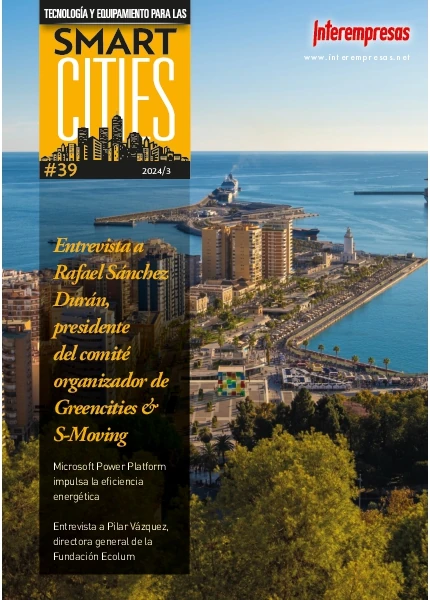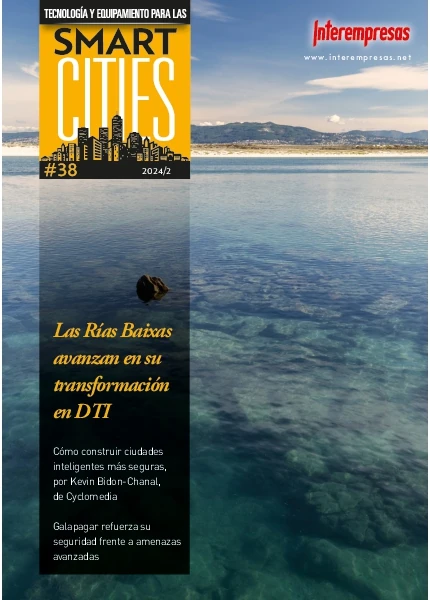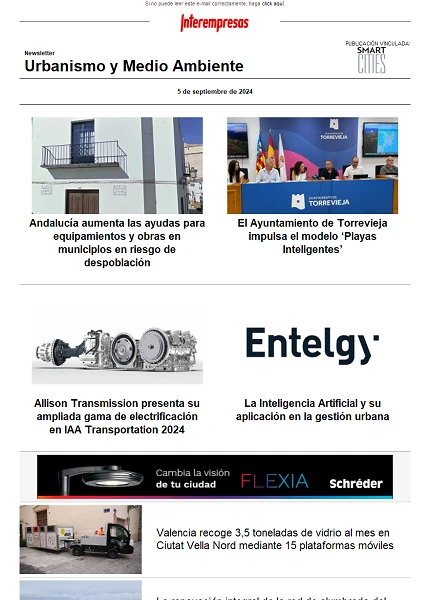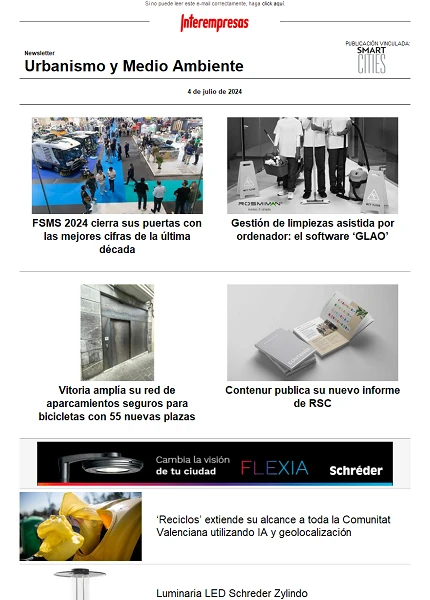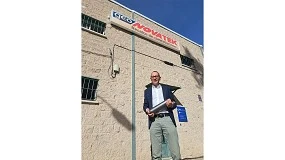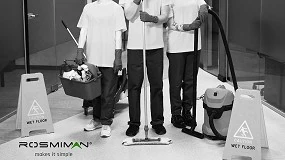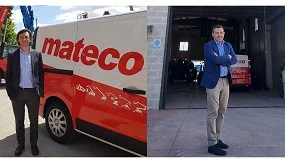More than 70% of the electronic waste treats of uncontrolled form
According to the European directive on waste of electrical and electronic devices, the manufacturers of these devices have to recycle the waste that generates his activity, until reaching a quota of 4 kg by inhabitant and year. However, in Spain the majority of the devices out of use are managed by means of unauthorised systems. Like this it reveals it a study of researchers of the University of Salamanca that publishes the ‘Journal of cleaner production'.
“Estimates that only they are registered 1.000 producers of some 10.000 existent in Spain. This would involve an escape of, at least, 15 million euros”, says to the agency SINC Dolores Queiruga, current researcher of the department of Economy and Company of the University of the Rioja.
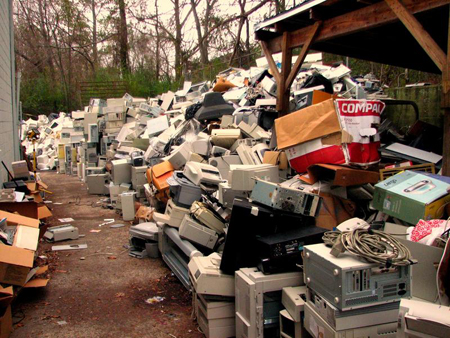
In 2010, the Spaniards generated 652 million kilograms, that is to say, 13,86 kg per person, of which only 2,55 kg collected and processed properly through the ‘integrated cheese cheese systems of gestión' (SIG). This is the collective method that the manufacturers can use to manage the waste, in addition to being able to do it to individual title.
In Spain exist at present seven SIG, a group of foundations that gather to companies of the sector of the electronics equipment dealers equipment dealers: Ecolec, Ecotic, Ecolum, Ambilamp, Echo-Raees, Ecoasimelec and Ecofimatica.
The work analyses the evolution and the stages of development of the treatment of this type of waste from the first drafts of the European directive that regulates the gestión of the undone electronic, until the actuality.
In the case of the big appliances, for example, estimates that more than 70% of freezers and frigoríficos, and the same percentage of televisions and of monitors, collected and treated of uncontrolled form taking advantage of that the legislation does not forbid it.
“The problem is that a lot of manufacturers are not included in the official register of the Ministry of Industry to manage the electronic waste (REI-RAEE) and this hampers his control”, says Queiruga.
The investigation reveals that the system of gestión of Spanish waste possesses some weak points. According to the study, the producers registered that fulfil the legal frame see prejudiced economically with regard to the manufacturers that do not do charge of the cost of the recycling. The authors also report the delay in the development of public politics by part of some Autonomous Communities.
The need of a leader
When the European Union drafted the first draft of the directive, Spain was able to gather to the agents interested so that they closed collective agreements on the recycling of the RAEE. However, there were differences between the autonomous communities to sacar pilot projects. The precursors were Catalonia and the Basque Country.
The study stands out the importance of “a pioneering agent to establish the model to be followed by the other”, like the company Indumental Recycling. “His tradition, experience and support to pilot projects, represented a big impulse for the development of the system of gestión of waste”, adds the investigation.
“With the first drafts of the European Directive, the producers gave account that they had to hold responsible of the waste of his products and all the economic agents began to pose which could be the most adapted form to manage them”, says to SINC Queiruga.
According to Queiruga, “the quotas of recycling neither reduce the quantity of devices that refuse ”. On the possibilities to reduce the number of devices that refuse every year, the expert considers that it is important to lengthen the useful life of the product by means of the repair of devices and the awareness of the citizens. The expert also stands out the importance of his reuse so that they take more time in turning into residue.
In spite of everything, the investigation signals that the system of gestión of waste of Spain could serve of example for other countries that begin now. The work concludes that the Spanish experience can be a referent for countries like United Kingdom, United States and China, where the majority of the RAEE give back to the producer, or manage through programs of volunteering and other informal channels.

